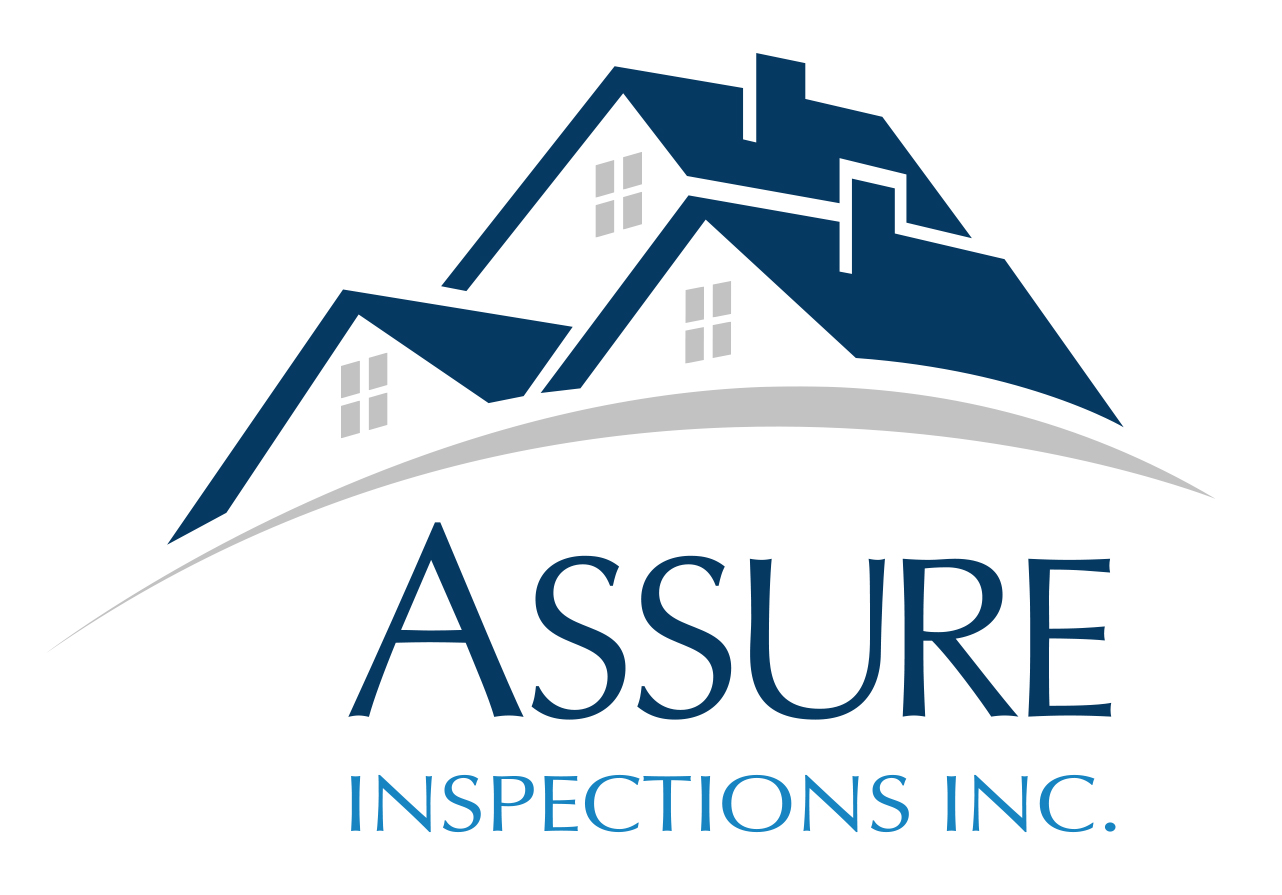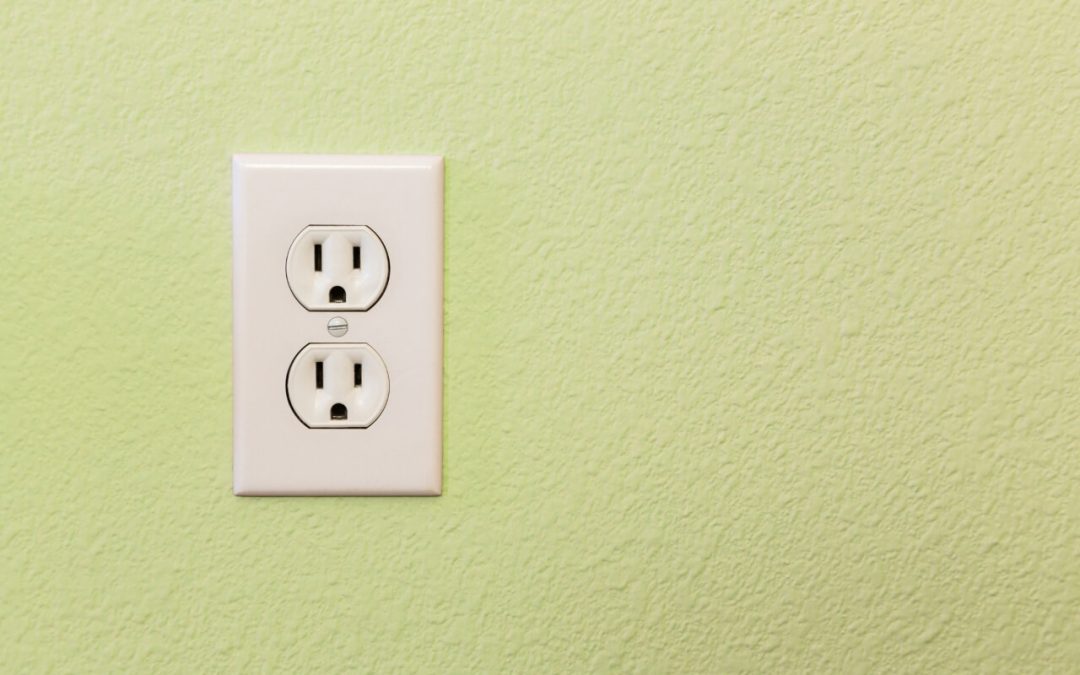As a homeowner, it’s your job to keep your home safe and in good condition. Taking care of a home is a big responsibility, but you can start by learning to notice even minor problems. Small issues can turn into major hazards that put your property at risk. Here are a few electrical safety tips for your home.
Proper Use of Extension Cords
Extension cords are not designed to be a permanent solution to a problem. If you need to use an extension cord in your home, remember to unplug it after you’ve completed the project.
Check the rating on your cord so you know whether it’s intended for indoor or outdoor use. Never run an extension cord under a rug or doormat and keep them out of the way of foot traffic. If you find yourself frequently using an extension cord, contact an electrician to install additional outlets in your home.
Electrical Safety Tips: Have GFCI Outlets Installed
GFCI (Ground Fault Circuit Interrupter) outlets were originally designed to help prevent electric shock in areas with water and moisture. These outlets are commonly installed in kitchens and bathrooms.
Install them in the basement, near your bar, or anywhere water could be an issue. A GFCI outlet will break the circuit anytime it detects a problem. You may still receive an electric shock, but the current will be stopped and the shock will not be sustained.
Turn Off the Breaker When Replacing a Lighting Fixture
Homeowners often enjoying tackling DIY projects around the house and installing new light fixtures is an upgrade that most people can handle on their own. For safety, make sure to disconnect the power from the fixture you’re replacing. You will be handling electrical wires. Turning the breaker off will protect you when making this simple update.
Tips for Safety When Using Electrical Outlets
Pay attention to electrical outlets and do not use them if you notice signs of a problem. A loose outlet can cause electric shock or even a fire. Call a professional if you notice an outlet that is warm to the touch or one that sparks when an appliance is plugged in.
Use the Correct Wattage Bulbs
You can prevent electrical problems, including tripped circuits, by making sure to choose the correct wattage bulb for lamps and lighting fixtures. Check the fixture for a label that lists the wattage recommendation. LED bulbs use even less energy and you’re less likely to experience issues with your fixture or a blown fuse with LED bulbs.
Assure Inspections Inc. offers inspection services to customers in the Chicago area. Contact us to request an appointment.

